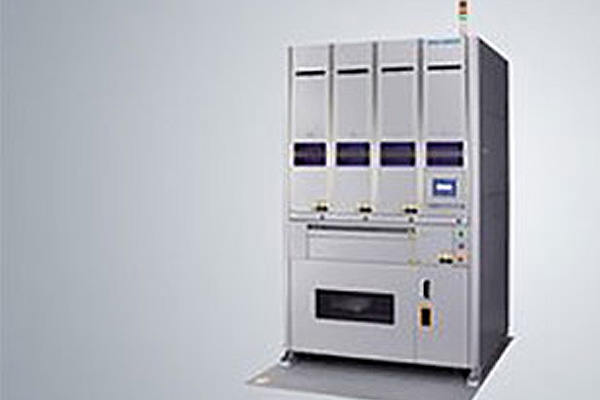What is ADD: Automated dose dispensing is the dispensing, of one or more different medicinal products into an ADD container/pouch using an automated process. One container/pouch contains either one, some or all units of medicine an individual patient needs to take at a particular date and time. The medicinal products are usually removed from their (original) primary containers before they are dispensed via ADD; if the primary packaging container is a blister, this process is called “deblistering”. It is essentially the automated version of dispensing a monitored dosage system (MDS). Tosho machines are the most common ADD machines used in Ireland.
ADD in Ireland: While this practice is in it’s infancy in Ireland, a number of pharmacies use automated dose dispensing services on a small scale to dispense medication to their community and residential care home patients receiving their medication via MDS. A small number of specifically designed medium scale ADD services are also in operation.
ADD standards in Ireland: There are currently no specific ADD standards in place in Ireland. In the absence of legislative requirements, the PSI standards for ADD sites have been based on general pharmacy and medicine legislation and relevant PSI guideline requirements. Relevant international standards have also influenced the standards expected.
The development of European Standards: The European Directorate in the Quality of Medicines (EDQM), an organisation which provides policies and model approaches for the safe use of medicines in Europe, including guidelines on pharmaceutical care, have developed draft ADD guidelines. These guidelines were recently issued for public consultation on the EDQM website: Draft Guidelines.
The purpose of the guidelines is to harmonise the standards and approaches to ADD across Europe and to help ensure that this service is provided to a consistently high standard which ensures the safe supply of medicines to patients.
• EDQM’s work on this topic began with the identification of a need for guidance by the
Committee of Experts on Quality and Safety Standards in Pharmaceutical Practices and
Pharmaceutical Care (CDPPH/PC) in 2012.
• The document was then drafted by a Working Party of Experts in ADD and a workshop with stakeholders, interested parties and authorities took place in September 2015.
• The draft guideline document was finalised by CDPPH/PC in summer 2016 and released by the Steering Committee for public consultation at its meeting in September 2016. The public consultation closed in February 2017.
PharmaConsult’s lead consultant, Caroline Hogg MPSI, sat on the CDPPH/PC committee on behalf of the PSI and Department of Health from 2010 to 2015 and chaired the ADD working group which the developed the guidelines during this time. Her role included drafting the guideline development plan and the patient care elements of the guidelines and reviewing/ updating elements of the guidelines drafted by other expert working group participants. Caroline also presented the guidelines at committee meetings and chaired the workshop in September 2015.
Following the consultation, it is expected that the guidelines will be reviewed and updated by the relevant EDQM committees and in due course finalised, approved, published and disseminated.
Impact of the European Standards in Ireland: Subject to their approval by the necessary EDQM Committees, it is expected that relevant elements of the guidelines will be adopted in Ireland.
Information on ADD and the relevant Standards: Should you require information or advice on the guidelines or any elements of the standards relating to automated dose dispensing please don’t hesitate to contact us.


